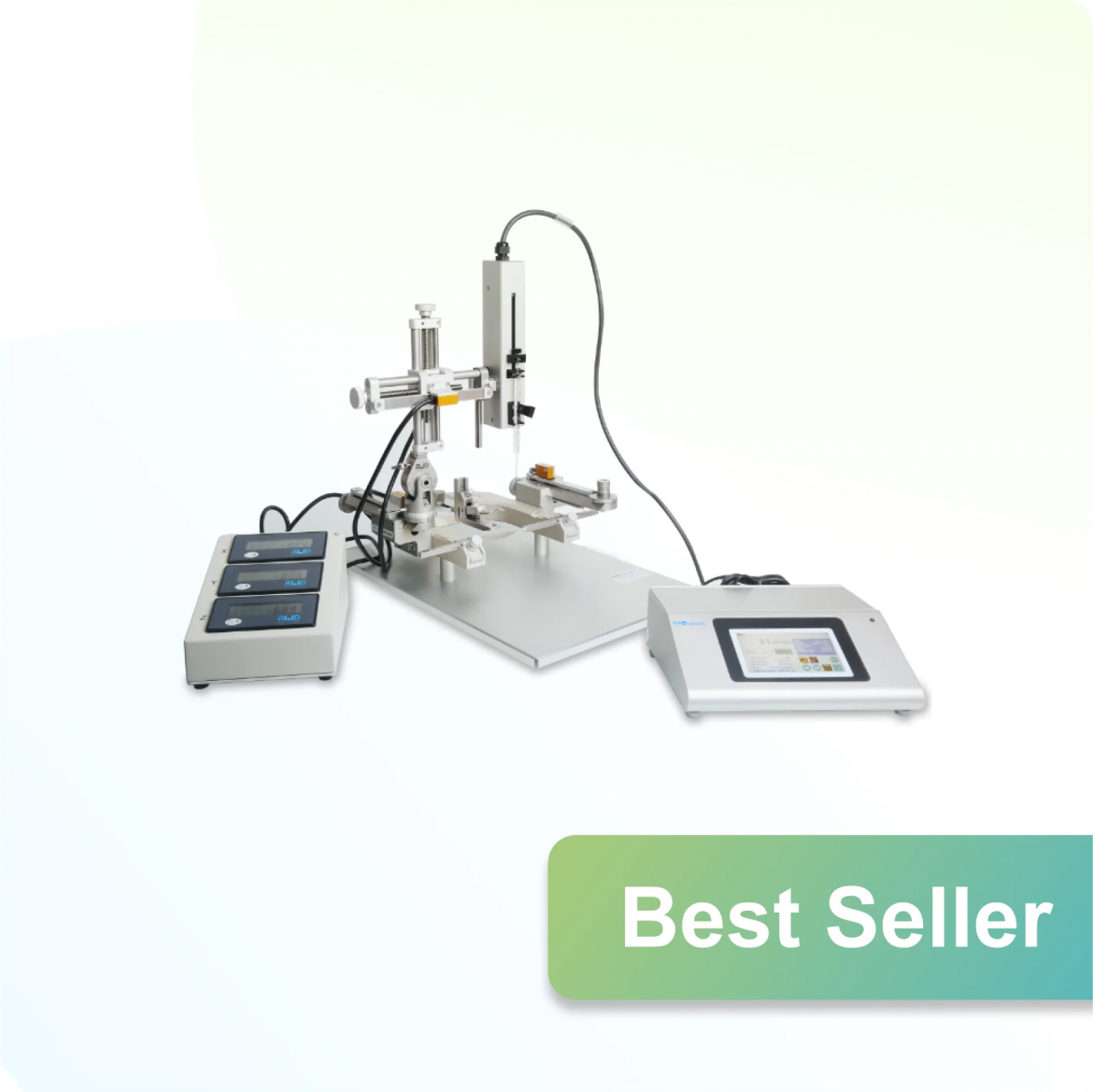Biochemical analysis relies on specialized medical lab instruments to measure and characterize chemical substances within biological samples. These bio lab instruments form the backbone of research in metabolism, enzymology, and diagnostic pathology. Their function is to provide precise, quantitative data from complex biological fluids or tissue extracts.
Measurement and Spectroscopy
A core category includes instruments for quantification. Spectrophotometers measure the absorbance of light by a solution, allowing researchers to determine concentrations of proteins, nucleic acids, or specific metabolites. This type of medical lab instrument is fundamental for assays like ELISA or enzyme activity tests, providing the numerical data required for analysis.
Separation and Identification
For samples containing multiple components, separation is a necessary step. Centrifuges use high-speed rotation to isolate particles based on density, pelleting cellular debris or collecting precipitated molecules. Meanwhile, chromatography systems, including HPLC, act as sophisticated bio lab instruments that separate complex mixtures into individual compounds for identification and purification.
Detection and Automated Analysis
Advanced detection systems are used for more specific analysis. Plate readers automate the measurement of fluorescence or luminescence in dozens of samples simultaneously, greatly increasing throughput. These versatile medical lab instruments are essential for high-throughput screening and kinetic studies.
The integration of these tools enables a comprehensive workflow for biochemical investigation. From basic measurement to complex separation, these bio lab instruments provide the data necessary for scientific discovery. BPLabLine supplies such apparatuses, supporting laboratories in performing consistent and reliable biochemical analyses.


